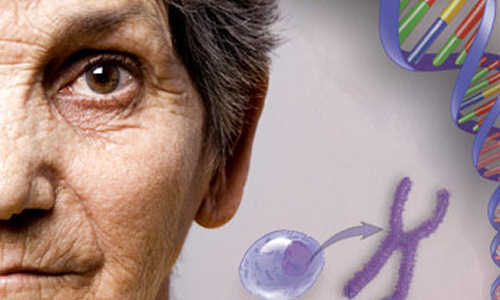Although every person’s DNA remains the same throughout their lives, scientists know that it functions differently at different ages.
As people age, drastic changes occur in their DNA methylation patterns, which are thought to act as a “second code” on top of the DNA that can lock genes in the on or off position. However, what the consequences of these changes are remains a mystery.
To begin deciphering this process, scientists at Wake Forest Baptist Medical Center studied methylation patterns in the blood cells of 1,264 persons ages 55 to 94 who participated in the Multi-Ethnic Study of Atherosclerosis (MESA).
In a study published in the current issue of Nature Communications, the researchers found age-related differences in DNA methylation in 8 percent of the 450,000 sites tested across the genome. Most of these changes did not seem to affect which cellular genes were turned on or off.
However, the Wake Forest Baptist team did find a small subset of age-linked DNA methylation changes — 1,794 of the 450,000 sites tested — that were associated with altered gene expression. Out of this subset, 42 sites were associated with pulse pressure, a measure of vascular health that is known to change with age.
“Our work suggests that most of the age-associated changes in DNA methylation do not have an obvious effect on cellular function, in this case altering gene expression, and some of them may just amount to noise,” said Yongmei Liu, M.D., Ph.D., associate professor of public health sciences at Wake Forest Baptist and corresponding author of the study.
“The methylation sites that are linked to altered gene expression are good candidates as potential drivers of the negative effects of aging, especially the small subset linked to pulse pressure. Our findings provide new insights into the aging process.”
Future studies will try to test the relationship between these methylation sites and specific health outcomes, Liu said. Eventually, the scientists hope to be able to target and reverse specific sites that are involved with age-related diseases.
Story Source:
The above story is based on materials provided by Wake Forest Baptist Medical Center.





